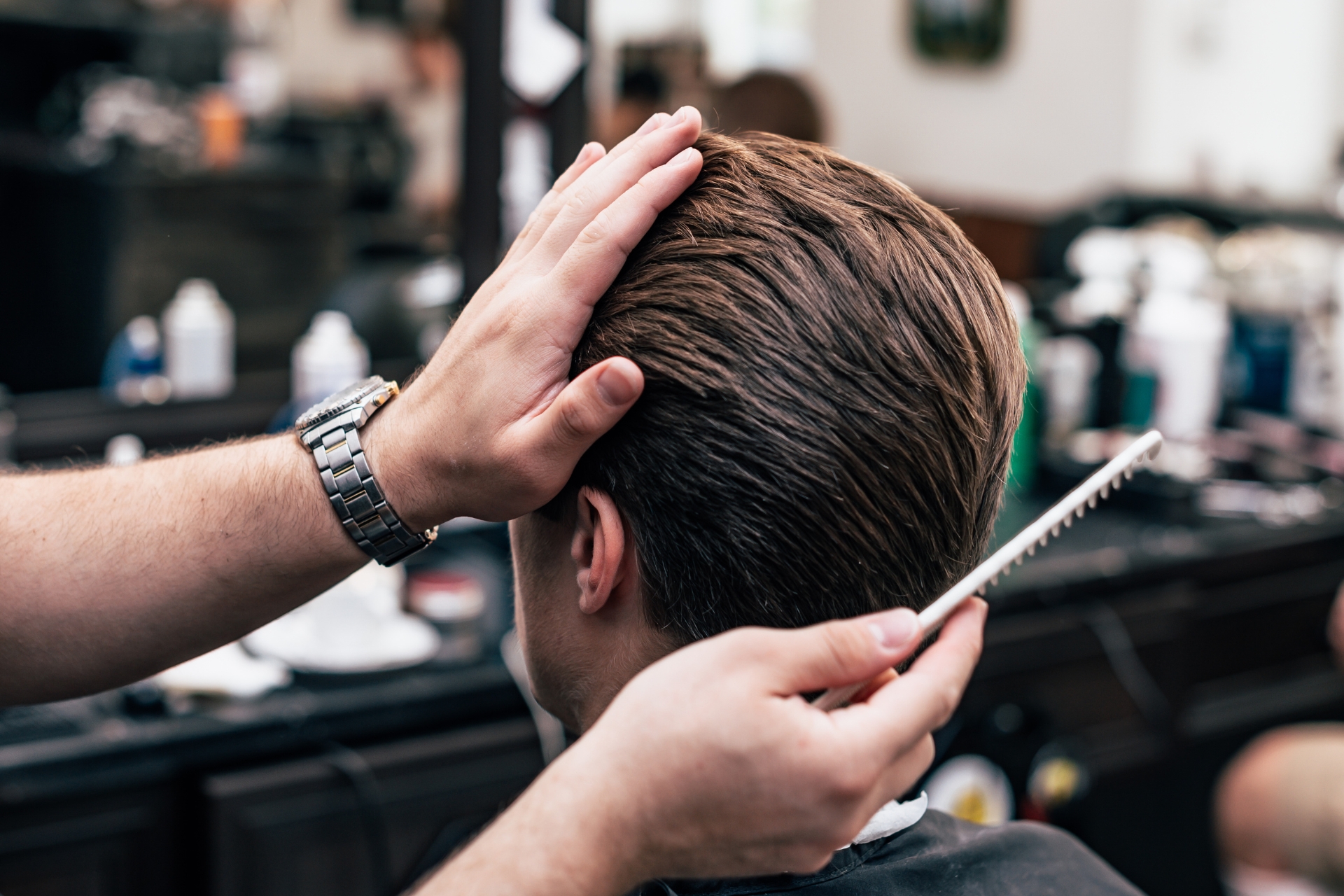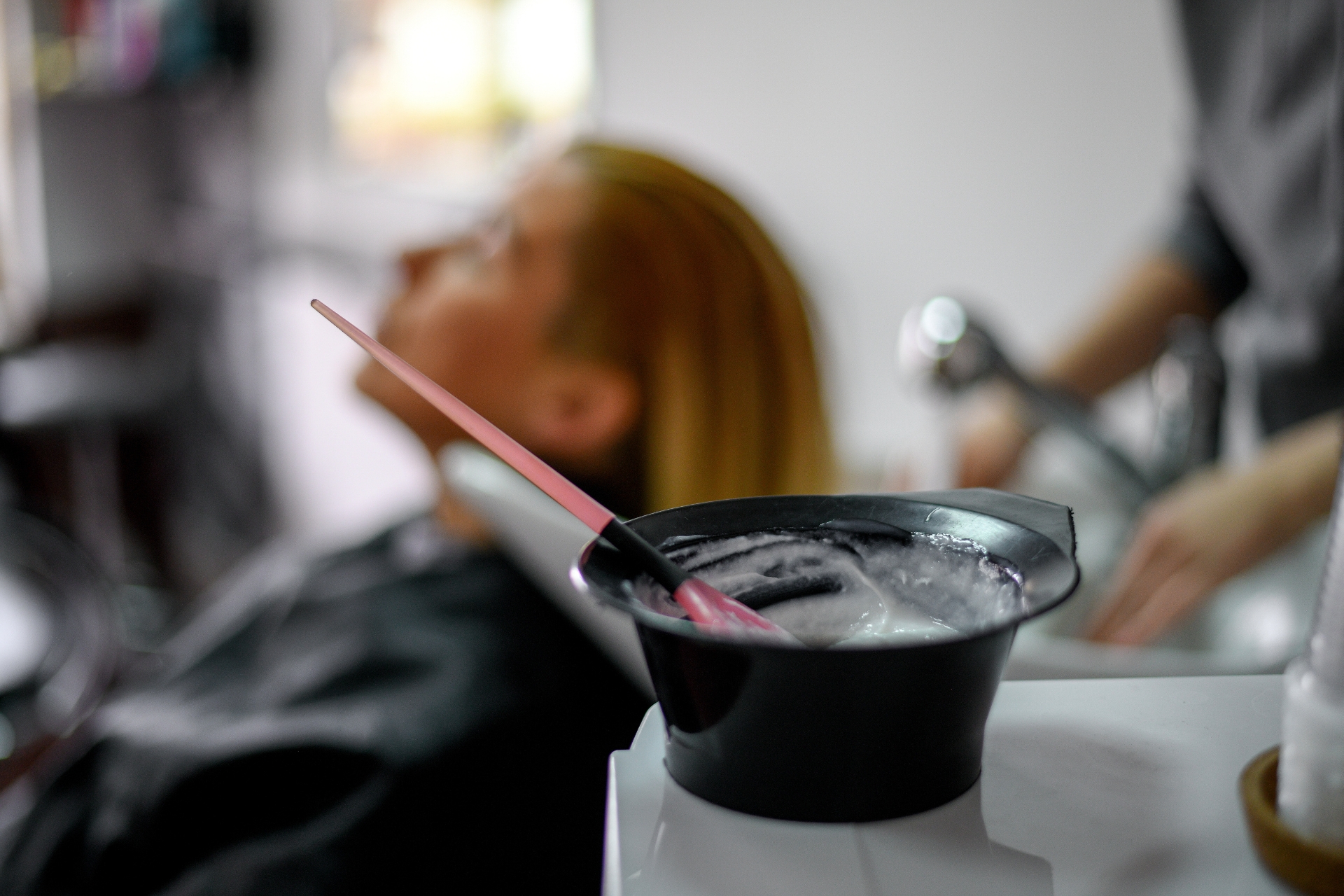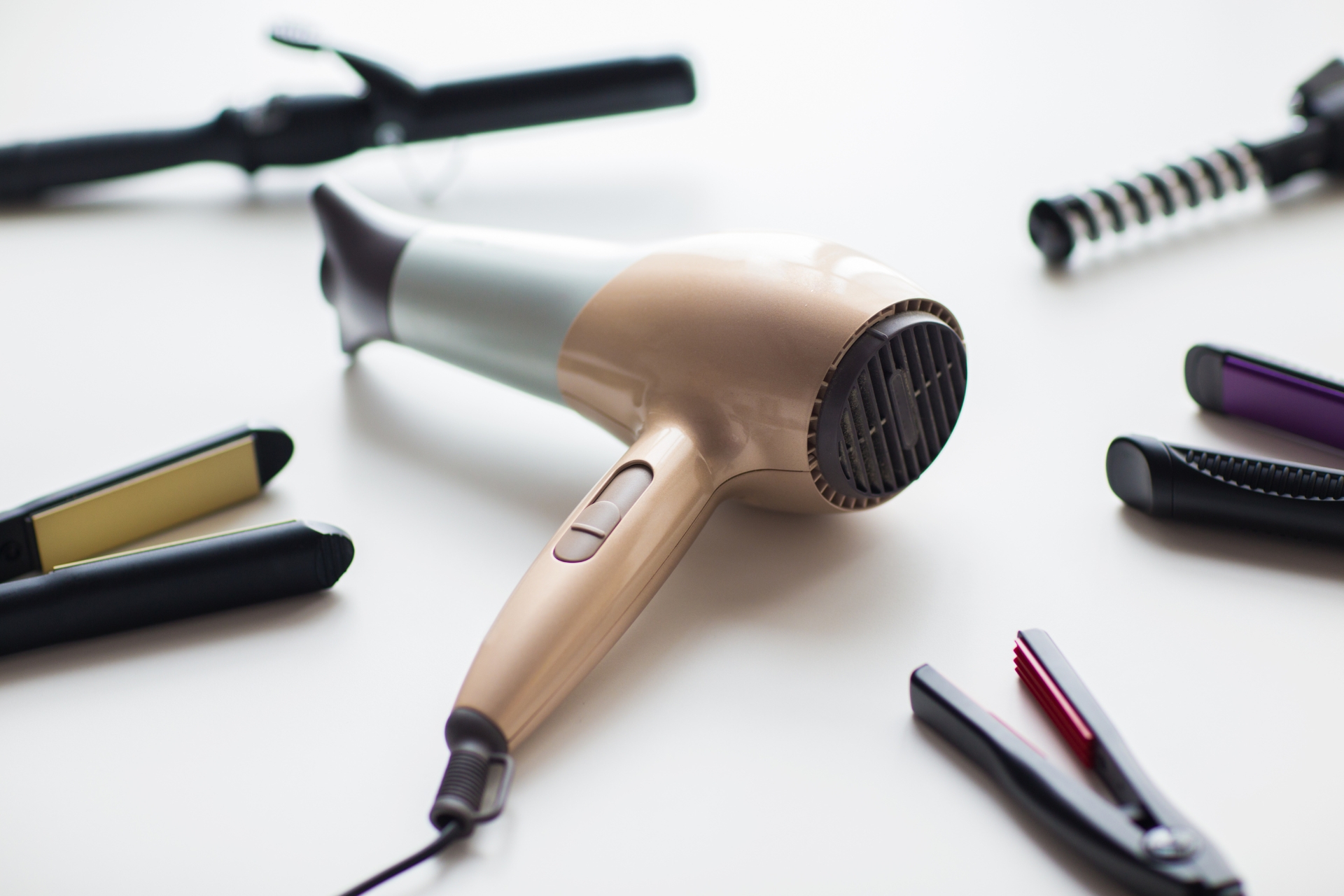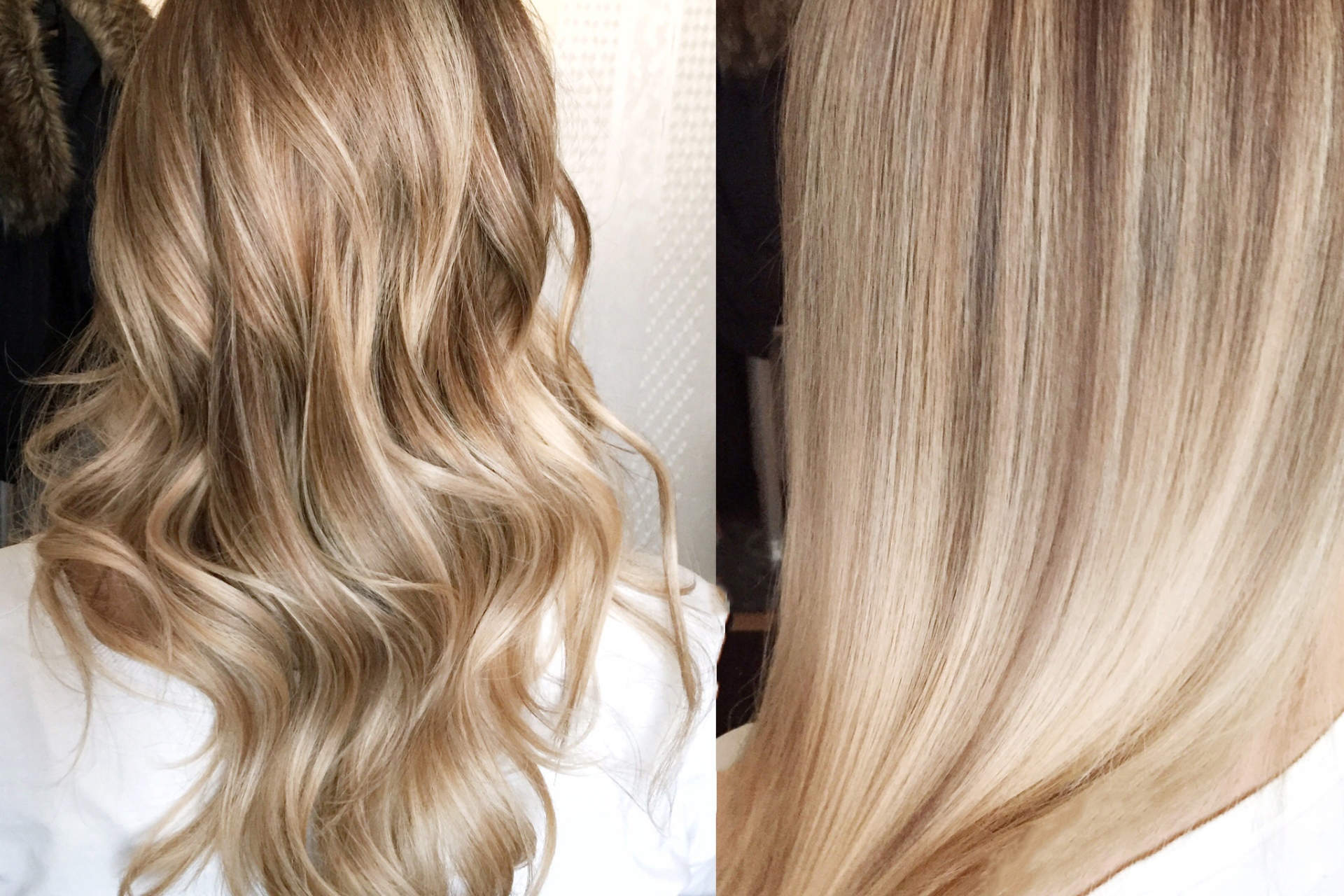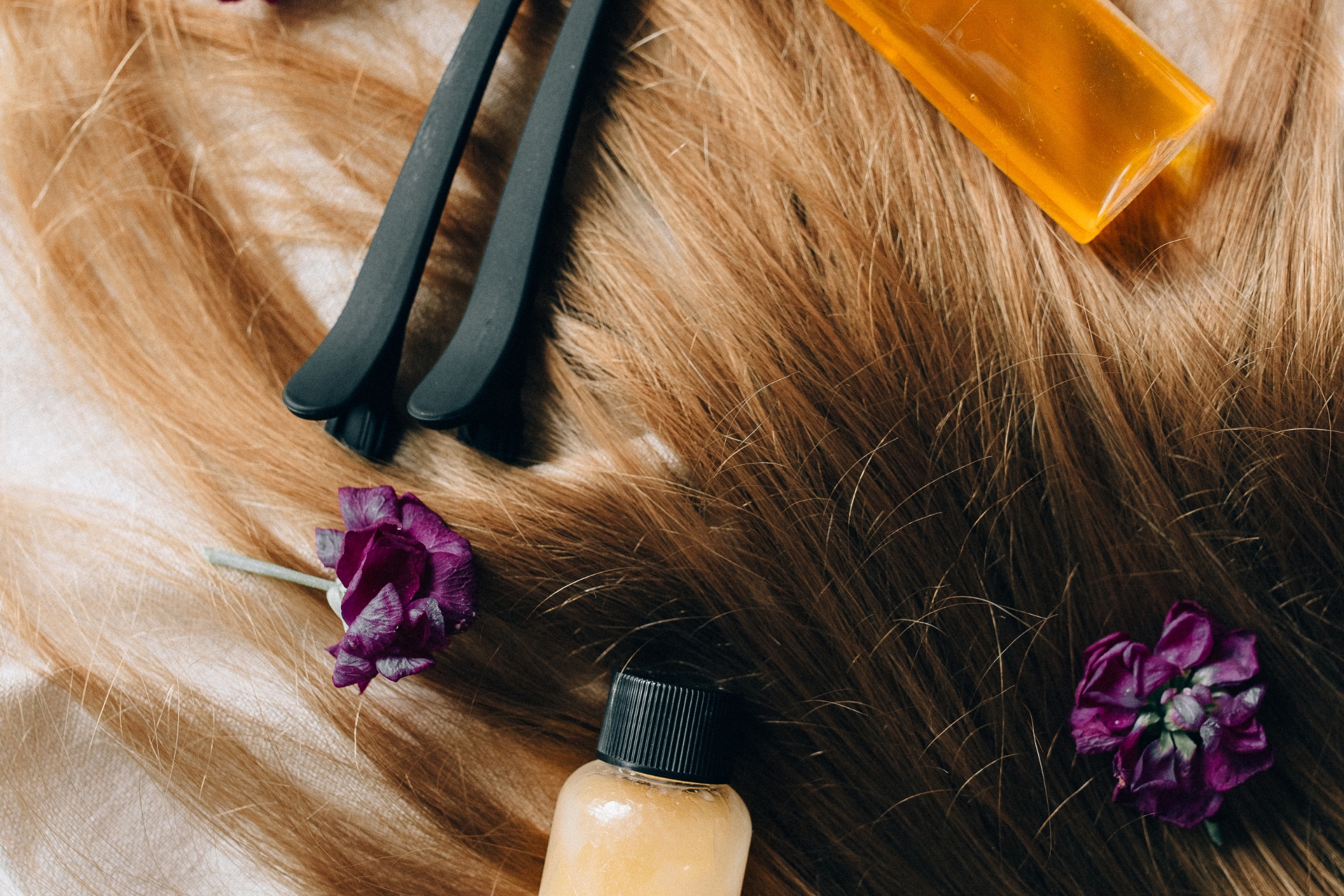
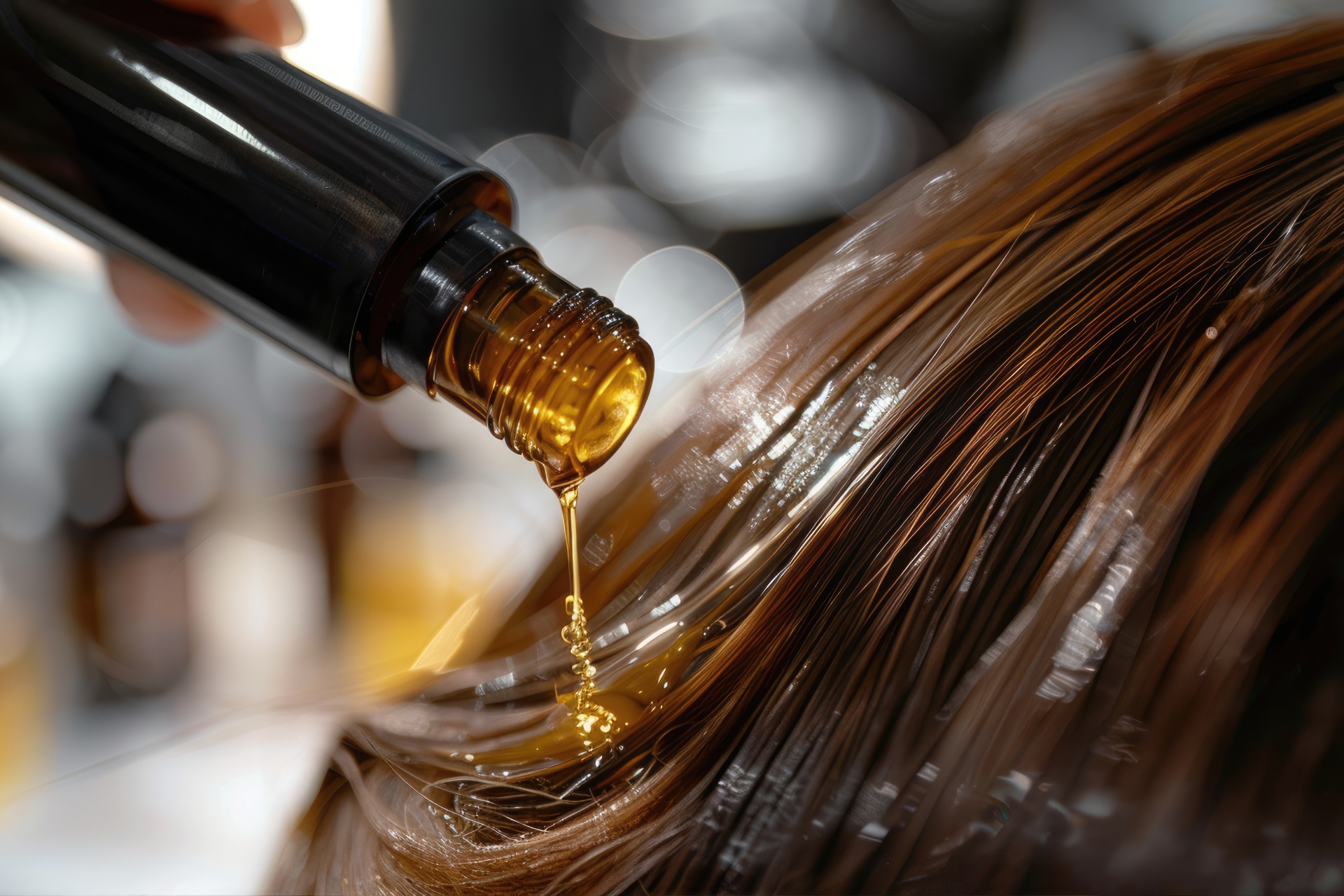
The beauty industry is undergoing a remarkable transformation as it shifts towards sustainability, driven by a growing awareness of environmental issues and a demand for eco-friendly practices. This change is particularly evident in salons, where the adoption of green products and methods is reshaping the client experience and redefining industry standards. One standout example is Regina Webb Salon & Spa, a premier Hair Salon in Bowling Green KY, committed to offering high-quality services while prioritizing environmental responsibility.
As consumers become more informed about the impact of their choices, they increasingly seek out beauty products that are not only effective but also sustainable. The rise of eco-friendly beauty is more than just a trend; it’s a movement that emphasizes the importance of natural ingredients, ethical sourcing, and minimal environmental impact. Salons are now embracing this ethos, not only to cater to their clientele’s preferences but also to contribute positively to the planet.
Eco-friendly products in salons often include organic shampoos, conditioners, and styling products that are free from harmful chemicals and synthetic additives. These products are formulated with natural ingredients that nourish the hair and scalp without causing damage. Ingredients like argan oil, coconut oil, and shea butter have become popular choices for their moisturizing and restorative properties. By utilizing these natural alternatives, salons can provide clients with beautiful, healthy hair while minimizing the use of potentially harmful substances.
Moreover, sustainable beauty practices extend beyond just the products used. Many salons are adopting environmentally friendly practices within their operations. This includes reducing waste by recycling packaging, utilizing energy-efficient lighting and appliances, and even implementing water conservation measures. For instance, some salons are installing low-flow faucets and showerheads to minimize water usage during treatments. These efforts not only lessen the environmental footprint but can also lead to cost savings in the long run.
Another important aspect of sustainable beauty is ethical sourcing. Salons are increasingly focusing on the origin of their products, choosing to partner with brands that prioritize sustainability in their manufacturing processes. This commitment to ethical sourcing means selecting suppliers that support fair trade practices, use renewable resources, and engage in responsible farming practices. By doing so, salons not only ensure the quality of the products they use but also support communities and ecosystems around the globe.
Furthermore, the shift towards sustainable beauty is influencing client expectations and experiences. Today’s consumers are more likely to choose salons that align with their values, particularly regarding environmental and social responsibility. This shift has led to a demand for transparency in the products and services offered. Salons are now finding ways to communicate their commitment to sustainability through educational initiatives, such as providing information about the benefits of eco-friendly products and practices during consultations.
Clients are also becoming more engaged in the process, asking questions about the ingredients in the products used on their hair and skin. This desire for knowledge empowers consumers to make informed decisions about their beauty routines, ultimately fostering a stronger relationship between salons and their clientele. In response, salons like Regina Webb Salon & Spa are focusing on client education, ensuring that customers understand the value of choosing sustainable options and the positive impact these choices have on the environment.
As the demand for sustainable beauty continues to grow, the beauty industry is responding with innovation and creativity. New product lines are being developed with eco-friendly ingredients, and brands are increasingly focusing on sustainable packaging solutions. This includes using recyclable, biodegradable, or refillable packaging to reduce waste. By embracing these innovations, salons can offer their clients not only exceptional services but also the peace of mind that comes with making environmentally conscious choices.
The future of salons is bright as they increasingly embrace sustainability. The integration of eco-friendly practices and products represents a significant shift in the beauty industry, one that aligns with a broader cultural movement towards environmental consciousness. Salons are not just places for beauty treatments; they are becoming advocates for positive change, inspiring clients to adopt more sustainable practices in their own lives.
In conclusion, the beauty industry’s move towards sustainability is a powerful shift that reflects changing consumer values and priorities. Salons like Regina Webb Salon & Spa are at the forefront of this transformation, demonstrating that eco-friendly products and practices can coexist with high-quality beauty services. As clients increasingly seek out salons that prioritize sustainability, the future of the industry will undoubtedly continue to evolve in exciting and innovative ways.


